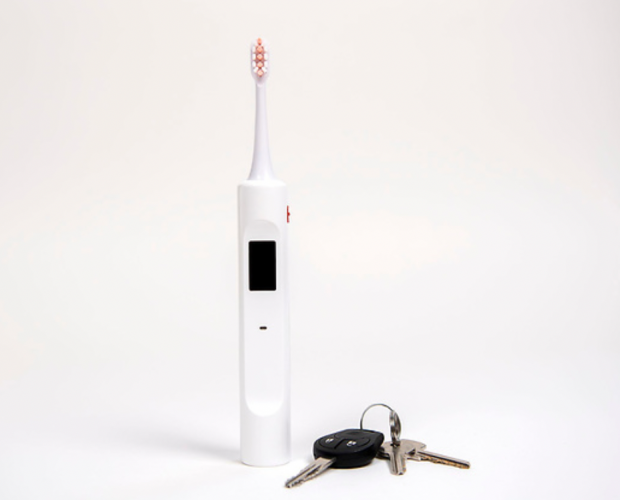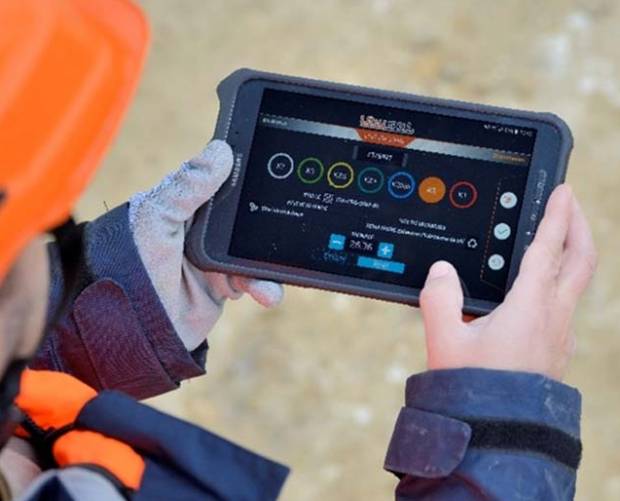mHealth Market Differs Drastically Across EU
- Tuesday, June 2nd, 2015
- Share this article:
 Market conditions for mHealth businesses and solutions vary significantly across the 28 EU member states, a new study has found, with countries showing differences of up to 100 per cent on key market readiness criteria.
Market conditions for mHealth businesses and solutions vary significantly across the 28 EU member states, a new study has found, with countries showing differences of up to 100 per cent on key market readiness criteria.
The report by Research2Guidance examined five key market readiness factors, including eHealth adoption, mHealth market potential, ease of starting businesses and mHealth regulation, as well as receiving the input of over 4,000 mHealth practitioners on the state of the market in each country.
“Countries must understand they are in direct competition for the best mHealth app developers,” said Ralf-Gordon Jahns, managing director of Research2Guidance. “Therefore they should see developers as a key target group. If countries are able to improve their domestic mHealth market prerequisites then they will be able to attract the best talents.”
The report found that health expenditure varied widely across the EU, from five per cent of GDP in Romania to 12 per cent in the Netherlands, while the number of healthcare professionals and hospitals was also subject to wide variation. Companies that target a particular medical field might find only a few dozen specialists in a given country, or could find several thousand.
Sweden, Denmark and the Netherlands rated as the most digitalised societies, with high smartphone penetration and regular internet use among adults. Greece and Hungary rated on the lower end of the spectrum, with tablet penetration at only 10 per cent in Hungary, compared to 51 per cent in the Netherlands.
Digitalisation within healthcare, with options like electronic prescriptions, also varied significantly, from 100 per cent ePrescriptions in some countries to none at all in others. Given the time it takes to establish such services, mHealth businesses that aim to integrate with such capabilities need to be aware of the existing market.

















